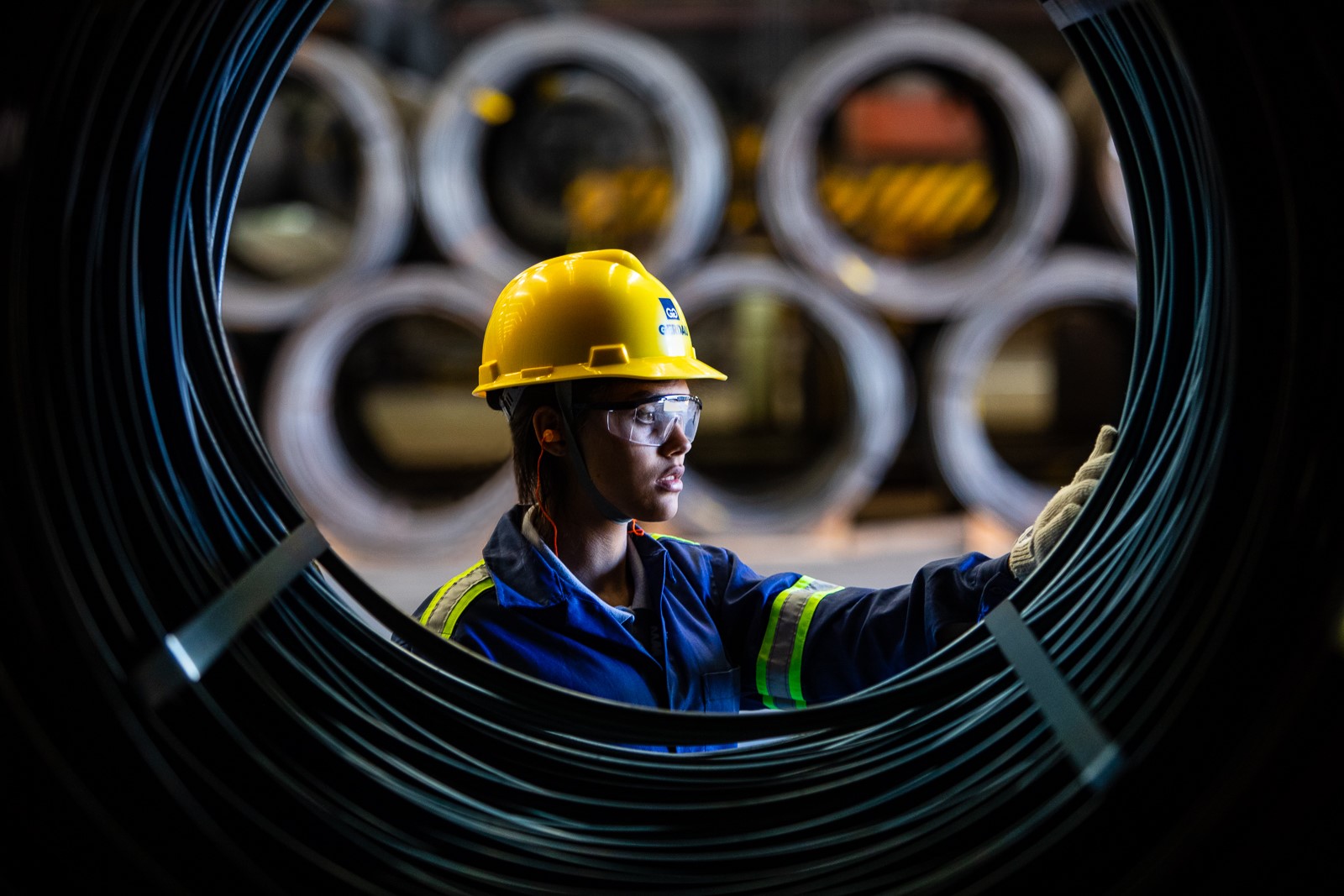
South Korea’s Hyundai Steel posted a 10.1% year on year fall in its 2020 crude steel production at 19.07 million mt, the steelmaker said Jan. 28, citing weaker global demand due to the COVID-19 pandemic and streamlining activity.
Other factors included lower steel prices and sales in the year due to a slump in industrial demand from sectors such as automobiles and shipbuilding.
South Korea produced 3.51 million vehicles in 2020, down from 3.95 million vehicles a year earlier, data from the Ministry of Trade, Industry and Energy showed.
Most the decline came from Hyundai Steel’s electric arc furnace, or EAF, production, which fell 15.0% year on year to 7.96 million mt while output from conventional blast furnaces fell 6.3% to 11.12 million mt in 2020.
The company had shutdown its EAF at Dangjin steel complex in South Chungcheong province in June due to poor steel demand along with one of its mini steel mills for renewal works.
Hyundai Steel said it streamlined its business by shutting a 1 million mt/year steel mill at its Dangjing steelworks and a 170,000 mt/year color steel plate plant at its Suncheon steelworks.
Due to the bearish factors, Hyundai Steel swung to a non-consolidated net loss of Won 456 billion ($408.31 million) in 2020 from a net profit of Won 33 billion in 2019.
Although it projects steel sales in 2021 to fall by 1.7% to 19.34 million mt, the company will focus on high-value added steel sales such as automotive steel for electric vehicles to create new demand.
Hyundai Steel expects global economies to recover in 2021 due to the development of vaccines for the coronavirus.
Amid the economic recoveries, it forecasts that South Korea’s vehicle production will rise 8.5% to 3.81 million units in 2021 while new order for ships will increase by 11.1% to 9.67 million CGT (Compensated Gross Tonnage).
Hyundai Steel has an overall crude steel production capacity of 24 million mt/year.
— Clement Choo, Samuel Chin






